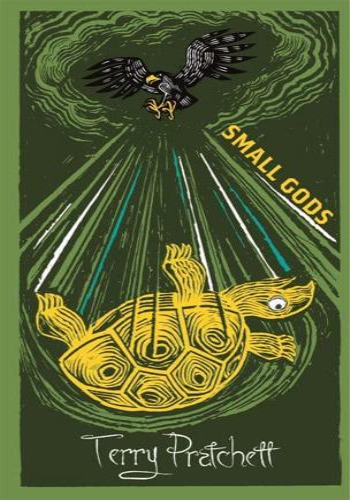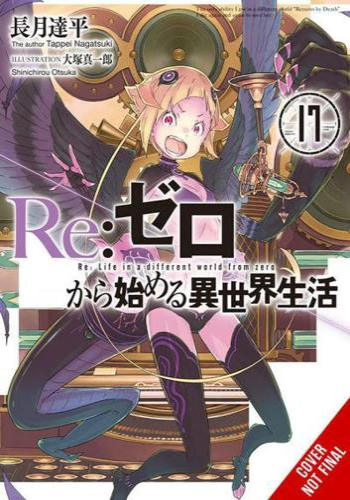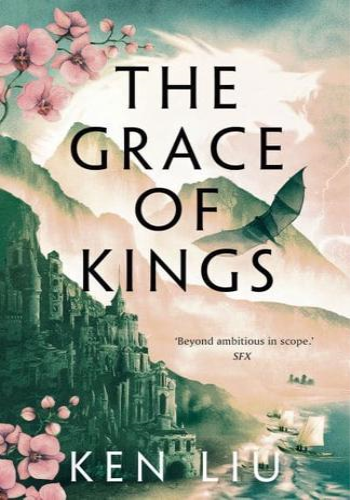'An intriguing satire on institutionalized religion corrupted by power . . .' Independent
'Deftly weaves themes of forgiveness, belief and spiritual regeneration' The Times
In the beginning was the Word.
And the Word was: "Hey, you!"
For Brutha the novice is the Chosen One. He wants peace and justice and brotherly love.
He also wants the Inquisition to stop torturing him now, please . . .
Readers adore Small Gods:
'One of Pratchett´s best works, retelling what has happened, happens, and will happen as soon as faith goes mad, uncontrolled, and vicious, tries to expand its sphere of influence and doesn´t care about the foundations and rules, contradicting its own commandments' Goodreads reviewer, ⭐ ⭐ ⭐ ⭐ ⭐
'It makes you contemplate so many things. Beyond religion too. There were so many passages when I was musing "It's like this thought has sprung out of my head but it's written a hundred times better than I would have said it"' Goodreads reviewer, ⭐ ⭐ ⭐ ⭐ ⭐
'Pratchett creates a host of characters that represent people and our relationship with religion, done with thought and hope, a thoroughly laugh out loud experience' Goodreads reviewer, ⭐ ⭐ ⭐ ⭐ ⭐
'The book is never preachy (see what I did there? ;P) or boring. On the contrary, the mad romp through several hitherto unseen countries on the disc was delightful' Goodreads reviewer, ⭐ ⭐ ⭐ ⭐ ⭐
'Pratchett at his theological best' Goodreads reviewer, ⭐ ⭐ ⭐ ⭐ ⭐
'This extremely cleaver religious satire is one of the top Pratchett's work as organized religion becomes target of his wit and cynicism' Goodreads reviewer, ⭐ ⭐ ⭐ ⭐ ⭐
'A true delight. Also, as I finished the book, I felt my cold go away . . . hallelujah for the curative properties of wonderful books' Goodreads reviewer, ⭐ ⭐ ⭐ ⭐ ⭐







